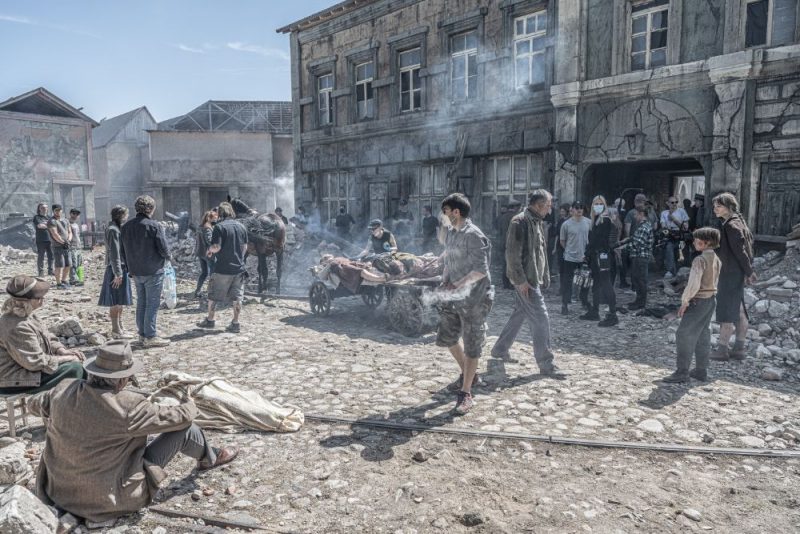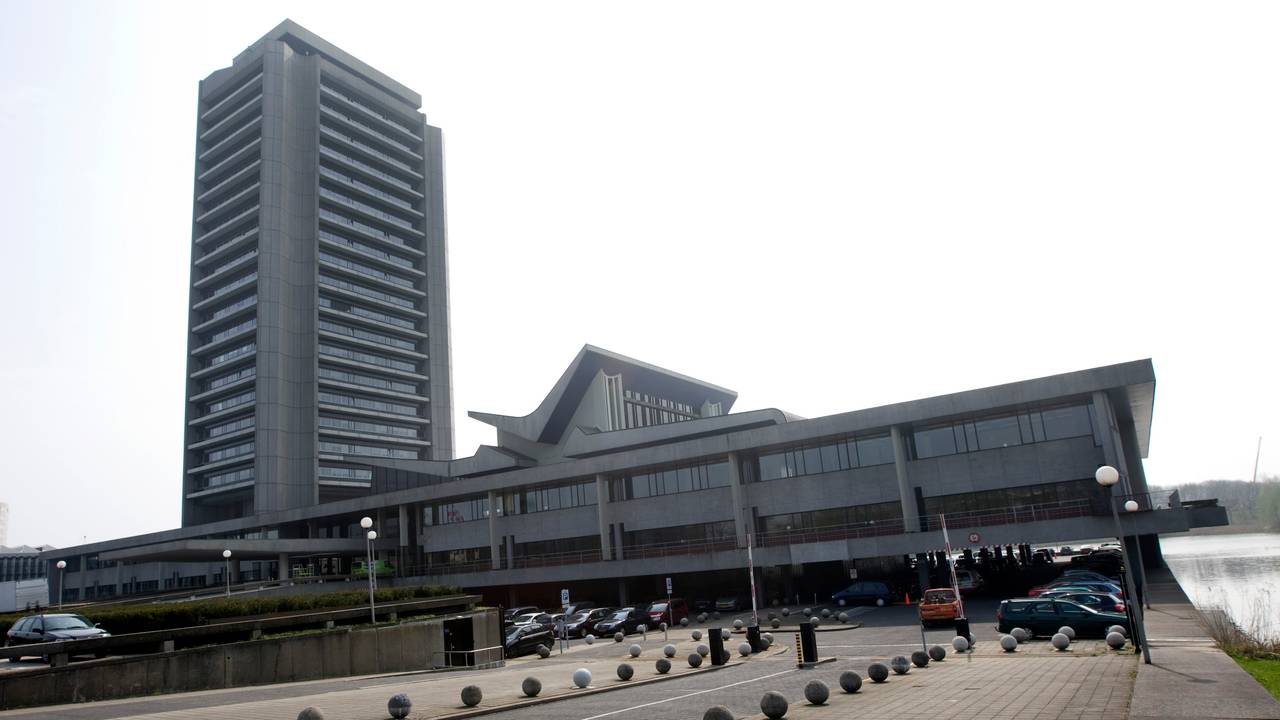At the beginning of June, in cooperation with the Danish company RegnerGrastenFilm and the Latvian FilmAngels Studio, episodes of the Danish feature film HvidstengruppenII / Wīlstenas Group 2 were filmed in Latvia. The film is a sequel to the 2012 film Hvidstengruppen / Wielsten Group, which gained huge popularity in Denmark, gathering 780,000 cinema-goers and 2.4 million TV viewers.
–
The news
There will be shock and frustration when a person receives a bill of 500 euros. Expert on the new tax system
10 hours
–
The news
“Kariņš is living well, so he does not understand that 80% of Latvians had unbearable coward time!” Šuplinska for critical action in government
1 day
–
The news
Shadursky: The biggest discrimination is that jobs are required in the workplace
10 hours
–
A well-known story in Danish history is the story of the small village of Wiststen and its resistance group of German Nazi invaders during World War II. The new film is a continuation of this story – about the women who were left alone when the members of the Wielstein group were arrested in the spring of 1944.
The film Wielsten Group 2 follows TulleFile and her sister Gerda, both sentenced to German prisons. Their father, brother and Tulle’s husband have been sentenced to death, and Tulle must leave her two-year-old daughter Gulle with her mother Gudruna while going to prison.
At home in Vilsten, Gudruna is doing everything he can to save his daughters from prison before the Nazis execute all the prisoners in retaliation for the loss of the war. TulliFila is rescued in a self-sacrificing moment by a White Bus rescue operation, but her heart and spirit are marked and shocked for life.
In Latvia, episodes were filmed in Brasa Prison, which depicts the lives of women prisoners in four different German prisons, and in the cinema town of Cinevilla, where scenes of the bombed-up Kiel were shot.
According to film producer Rainer Grasten, the shooting team looked at several options for creating studio scenery for the devastation of World War II in the city, and decided to film in the Cinevilla complex, where building decorations will be combined with special effects and CGI (computer graphics) additions in Denmark.
The Danish team decision has been particularly influenced by the professionalism of Latvia’s outstanding artists and craftsmen, led by experienced filmmaker Juris Žukovskis.
Filming of the project in Latvia is supported by the National Film Center. Most of the film has already been shot in Denmark, after returning from Latvia the Danish team will have only a few additional films left, and the premiere of the film is scheduled for December 25, 2021.
The director of the film is Anne-GretheBjarupRiis, the main actors in the film are Danes, but Latvian, German and Polish actors are invited for episodic roles.
Producer Jānis Kalējs of the Latvian side of the project talks about the Latvian resources involved in the film: “Latvian actors Marija Bērziņa, Ieva Puķe, Inga Tropa-Fišere, Anete Saulīte and Armands Bergis play the background roles in the film, but the total number of Latvian filming teams, actors and mass audience members is close to two hundred.
Companies directly related to cinema services, as well as Latvian hotels, catering service providers and tourism industry companies participate in the production of the film.
“The producers would like to thank Neiburgs and Lielupe by SemarahHotels, the Prison Administration, the Ostas skati restaurant, the Jaunpils Volunteer Fire Brigade, Ars NMP, the Center Laboratory, the Swan Laboratory, EZRent Autonomous, Kolirent, the travel agency Ramirent.
Themes
–


